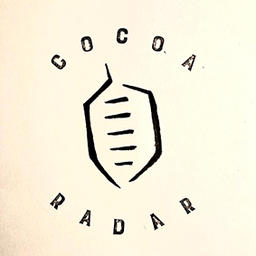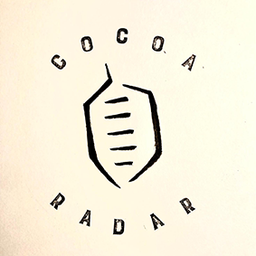Chris Vincent, World Cocoa Foundation president, opened the 2025 World Cocoa Foundation partnership meeting in São Paulo today (19 March), emphasizing the critical need for resilience through sustainability amid volatile economic and political conditions.
Addressing over 500 attendees at the Tivoli Hotel, this year’s agenda includes insights from Brazilian experts on agroforestry and mechanization, as well as discussions on the EU's new corporate sustainability regulations.
“The meeting addresses macro issues like policy environments, disease management, and consumer demand. The World Cocoa Foundation will focus on connecting players for best practices and developing new standards for emerging regulations,” he said.
Introducing the theme of the meeting, ‘resilience through sustainability,’ Vincent once again emphasized the need for sustainability in the face of volatile economic and political conditions.
He reminded delegates of the significant fluctuations in the global cocoa price in the past 12 months, which has impacted farmers, companies, and governments.
“Ultimately, low levels of farmer Income underpin environmental and social challenges facing the sector,” he said.
“By using this period of high prices to drive long-term improvements in smallholder productivity and income diversification we can, in turn, support our collective effort to address these other sustainability challenges and improve the resilience of the supply chain and the ability to withstand ongoing stresses into the future.”
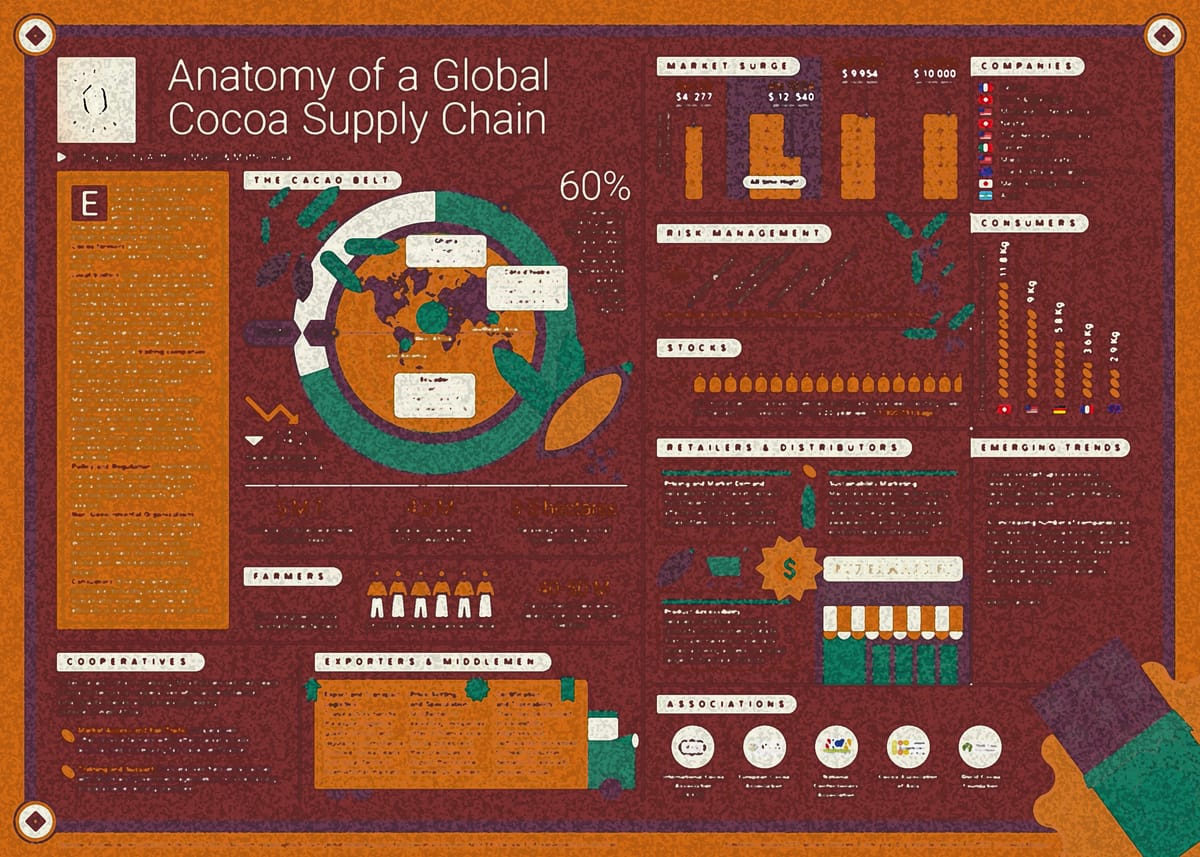
The WCF PM returned to Brazil for the first time in six years. Vincent urged stakeholders to see how the cocoa industry can leverage insights from Brazil's experience with smallholder mechanization and agroforestry to improve productivity and resilience for cocoa farmers.
He said the interconnectedness of the cocoa sector and the importance of collaboration to improve sustainability is crucial.
This meeting could be the most important in the organization’s history, and the focus is on connecting players working on cocoa diseases, management, and control across continents to identify best practices and new areas for collective action.
The WCF’s role is to stimulate collaboration and convene supply chain participants to find solutions to critical issues. “The development of new standards and methodologies needed for new regulations in areas like state sustainability will be a priority,” Vincent said.
He set the stage for 36 hours of intense and informative discussion by mentioning that since the WCF’s last meeting in Amsterdam over a year ago, global prices have tripled, and the global political climate has shifted with swingeing cuts to development funding.
Cocoa also suffered its most significant production deficit in 60 years.
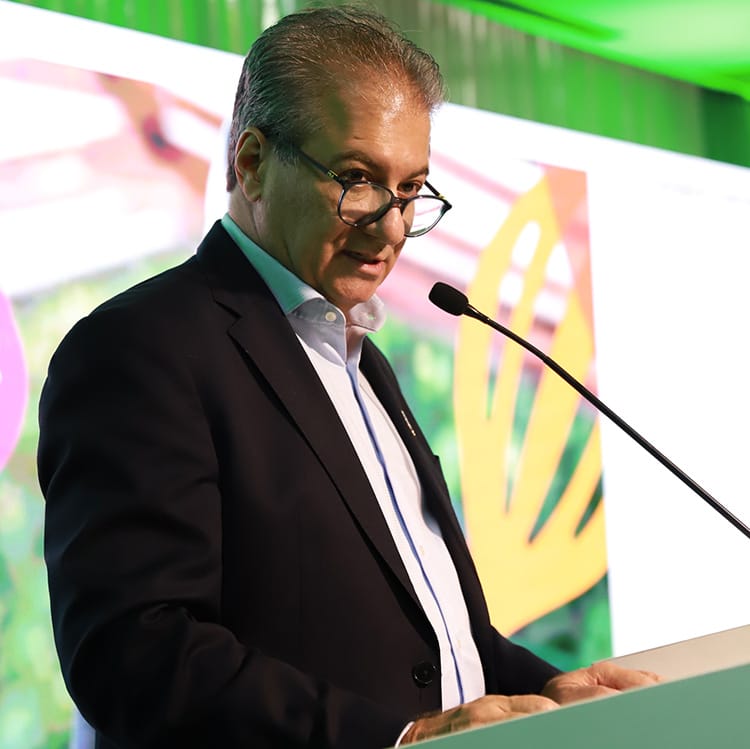
In his keynote speech, Marcello Brito, Legal Amazon Consortium of States (Consórcio Amazônia Legal) Executive Secretary, emphasized the transformative potential of the cocoa and chocolate industry, focusing on sustainability, social justice, and innovation.
A Brazilian native he informed the meeting of chocolate's historical and cultural significance along with its economic impact, which supports millions globally.
He said key issues, including climate change, present both challenges and opportunities for sustainable agriculture.
Picking up on Vincent’s comments, he stressed the need for a mindset shift towards collaboration, pre-competitive collaboration, and embracing new practices.
The importance of engaging the 30% of the population who are proactive and open to change was underscored, aiming to influence the 50% who are passive.
“The vision is to create a resilient, fair, and efficient production chain through collective action and adaptive strategies,” Brito said.
He urged WCF members not to leave São Paulo without solutions, and they have a big responsibility. “Cacao’s transformation depends on us” he said.
Larissa Diniz, The Hershey Company Vice President & General Manager, Latin America, said it was important to hold this meeting in Brazil. “Cocoa crop is native to the country, and there is a high demand for chocolate in the country driven by the high quality of cocoa and innovation.”
Hershey has had a presence in the country since 1998, as producer and distributor and she views the LATAM region as an engine for growth,
Diniz reminded delegates of Hershey’s philanthropic legacy since it was established 130 years ago, which is continued under the company’s Cocoa for Good sustainability initiative.
Cocoa should come from communities who prosper, she said and Hershey is investing half a billion dollars in farming communities to improve conditions for farmers and families and building a resilient future for communities.
She also said that the sector is operating in a challenging time. Still, there are opportunities for collaboration, and urged the PM to take action in the next two days to shape resilience in the industry.
Pedro Neto, Ministry of Agriculture and Livestock (MAPA), Brazil Secretary of Innovation, Sustainable Development, Irrigation, and Cooperatives, said the federal government is investing and supporting the country’s cocoa sector by opening up more straightforward access to credit so farmers can invest in their land. Through government programmes there is support for research and innovation for a strong supply chain that promotes agrofoerestry and biodiversity.
The federal government plans to consolidate the country’s cocoa sector and work together to develop the industry not just in Brazil but also in the international supply chain, not only as competitors but collaborators.
Neto also mentioned the importance of the COP30 being held in Belem in November, which will encourage further sustainable agriculture - the “engine of Brazil’s economy.”
Check out all our coverage from this year's WCF Partnership Meeting
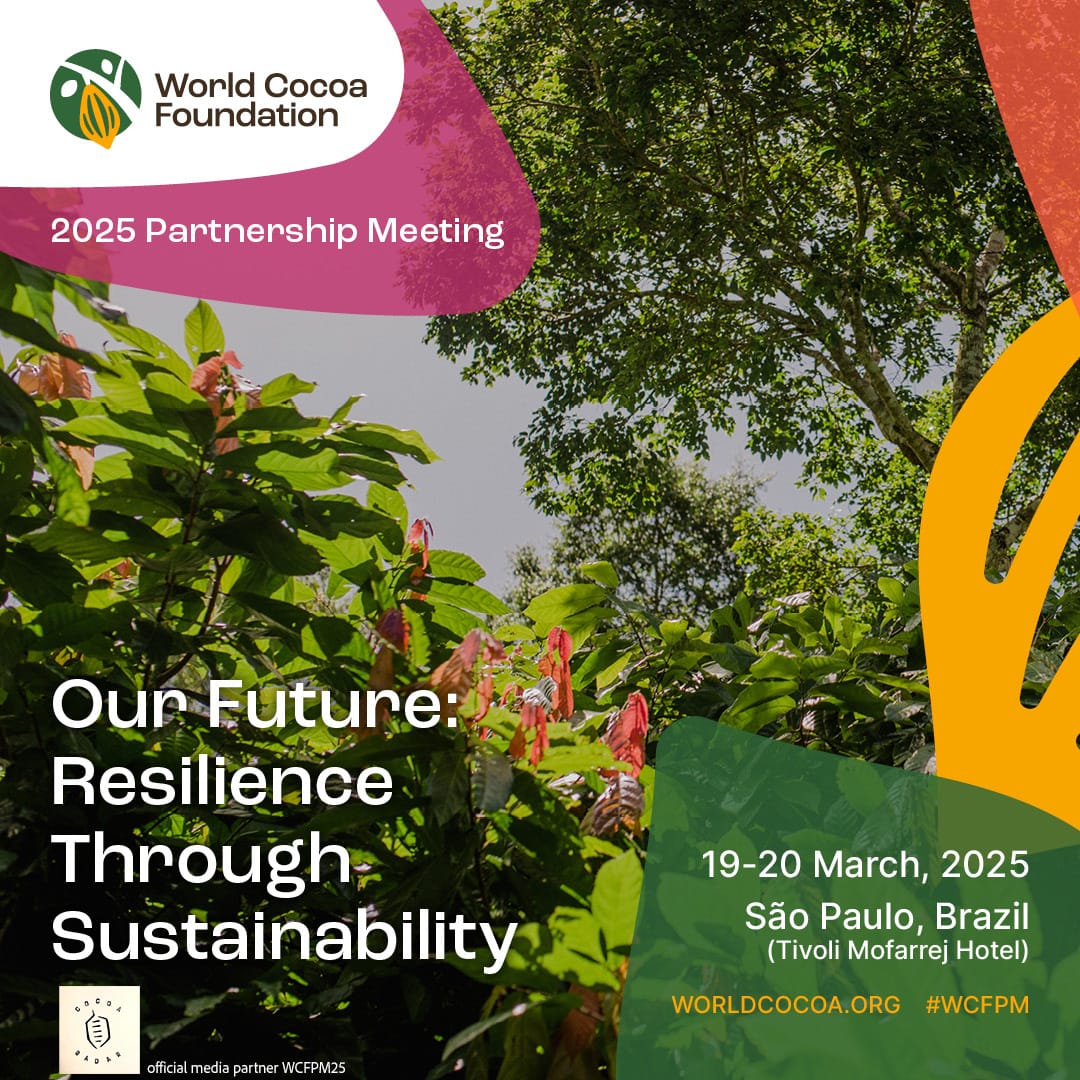
cocoaradar.com is:
- Official Media Partner - World Cocoa Foundation Partnership Meeting in São Paulo, Brazil, 19-20 March 2025.
- 'From Our Desk. To Yours'
- Sign-up here for free and upgrade to an annual plan with a 35% discount


